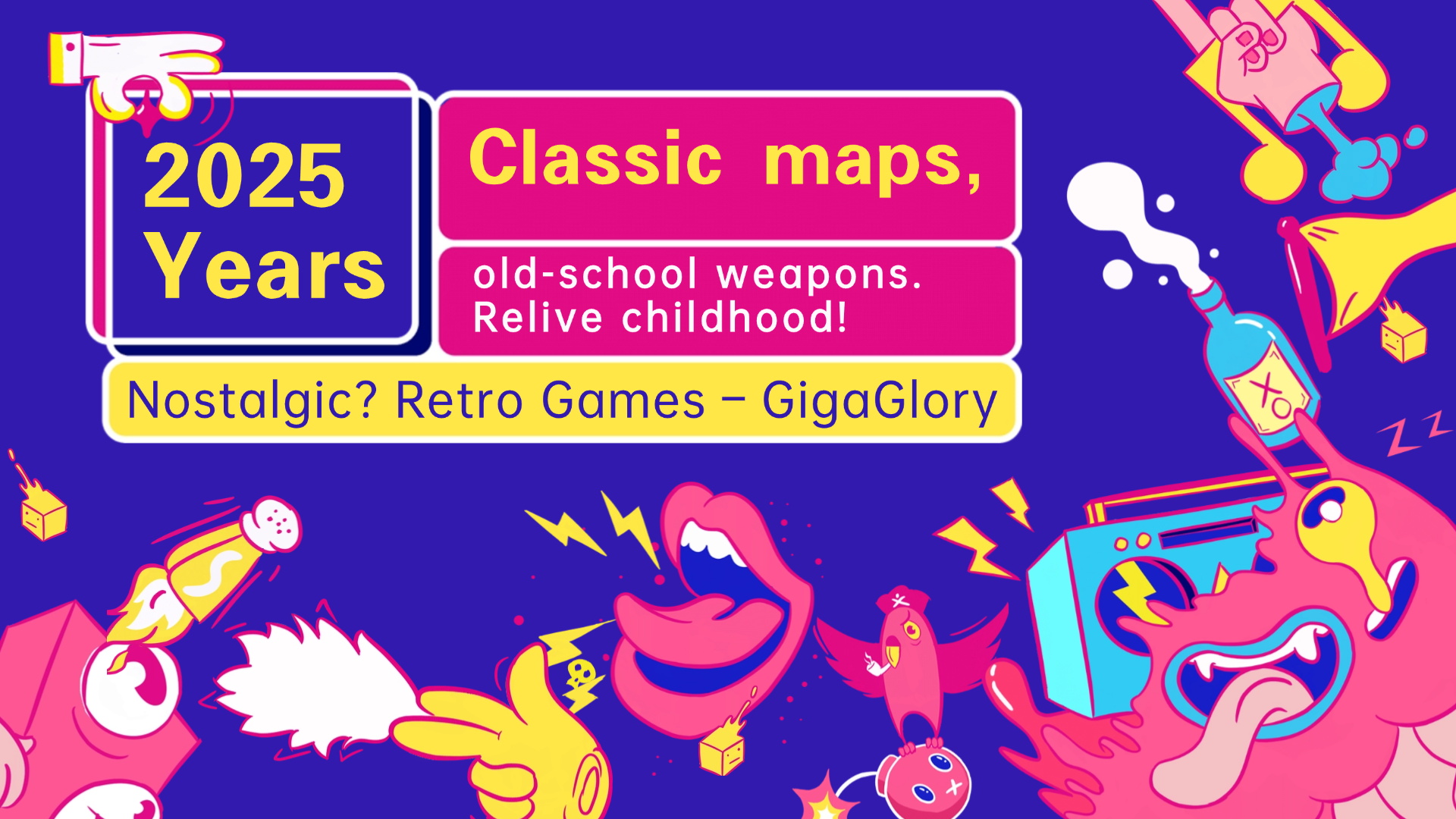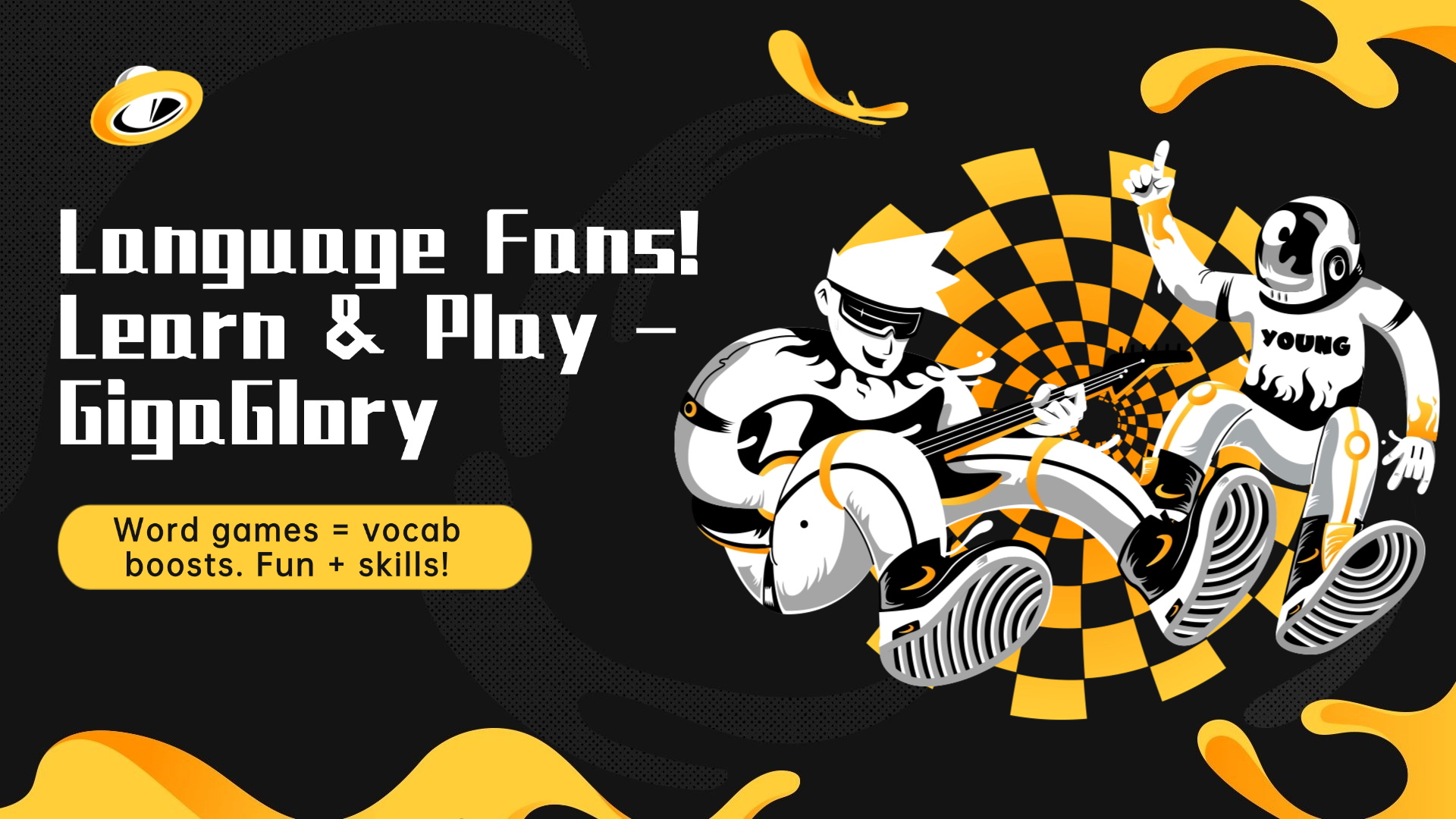Unlocking Fun: How Puzzle Games and Simulation Games Shape Our Problem-Solving Skills
Puzzle games and simulation games are not just leisurely pastimes; they play an essential role in enhancing our problem-solving abilities. This article dives into how these game genres improve our critical thinking, creativity, and adaptability. We will also explore the potential connection between gameplay and everyday decisions, such as culinary choices (like "does sweet potato go well with salmon"). Let’s unlock the fun and learning behind these interactive experiences!
The Rise of Puzzle Games
Puzzle games have become increasingly popular over the years. Titles like "Candy Crush" and "Monument Valley" show how individuals engage their minds while having fun. These games often require strategic planning, foresight, and quick decision-making. Players are constantly faced with challenges that push them to think critically.
- Absorbing narratives that keep players engaged
- Various levels of difficulty to cater to all players
- Accessibility on multiple platforms, including mobile devices
Benefits of Playing Puzzle Games
The benefits of engaging with puzzle games are manifold:
| Benefit | Description |
|---|---|
| Cognitive Enhancements | Puzzle games enhance memory, concentration, and strategic thinking. |
| Stress Relief | Playing puzzles can be a good way to relieve stress and unwind. |
| Social Interaction | Many puzzle games offer multiplayer modes that encourage social engagement. |
Simulation Games: A New Frontier
While puzzle games focus on logical challenges, simulation games immerse players in scenarios that require practical application of their problem-solving skills. Games like "The Sims" or "Cities: Skylines" let players manage complex systems, honing their analytical skills and decision-making.
- Realistic scenarios that enhance players' understanding of real-world dynamics
- Opportunities to experiment with different strategies and outcomes
- Engagement in cooperative gameplay, fostering teamwork
How Games with Story Mode Contribute
Many of today's popular games feature compelling narratives alongside their gameplay. Games with story mode online free offer rich narratives that engage players beyond mere mechanics.
These story-driven experiences can teach players about moral dilemmas, strategy development, and consequence management. As players navigate through plots, they often encounter problems that require thoughtful solutions.
A Broader Perspective: Problem-Solving in Real Life
Puzzle and simulation games don’t just improve in-game skills; they also equip players with tools that can be applied in real life. Consider the decision-making process that takes place when choosing a meal like salmon and sweet potato. Players learn how to weigh options quickly in the game, which can lead to more informed and efficient choices in real life.
Common Misconceptions about Video Games
Despite the growing body of research supporting the cognitive and social benefits of gaming, misconceptions persist:
- Video games are solely a waste of time.
- All games lead to negative behaviors.
- Games don't aid in real-world skills development.
It’s crucial to form a balanced perspective about how games can influence our skills positively.
Conclusion: Unlocking Your Potential
In conclusion, puzzle and simulation games are not just about entertainment; they help unlock our problem-solving potential. By engaging in these types of games, we can develop skills that carry into our daily lives, from strategic thinking to stress management. So whether you’re pondering whether sweet potato goes with salmon or figuring out the best way to finish a challenging level, remember that every game you play is an opportunity to grow your abilities. Embrace the fun and learn from it!



